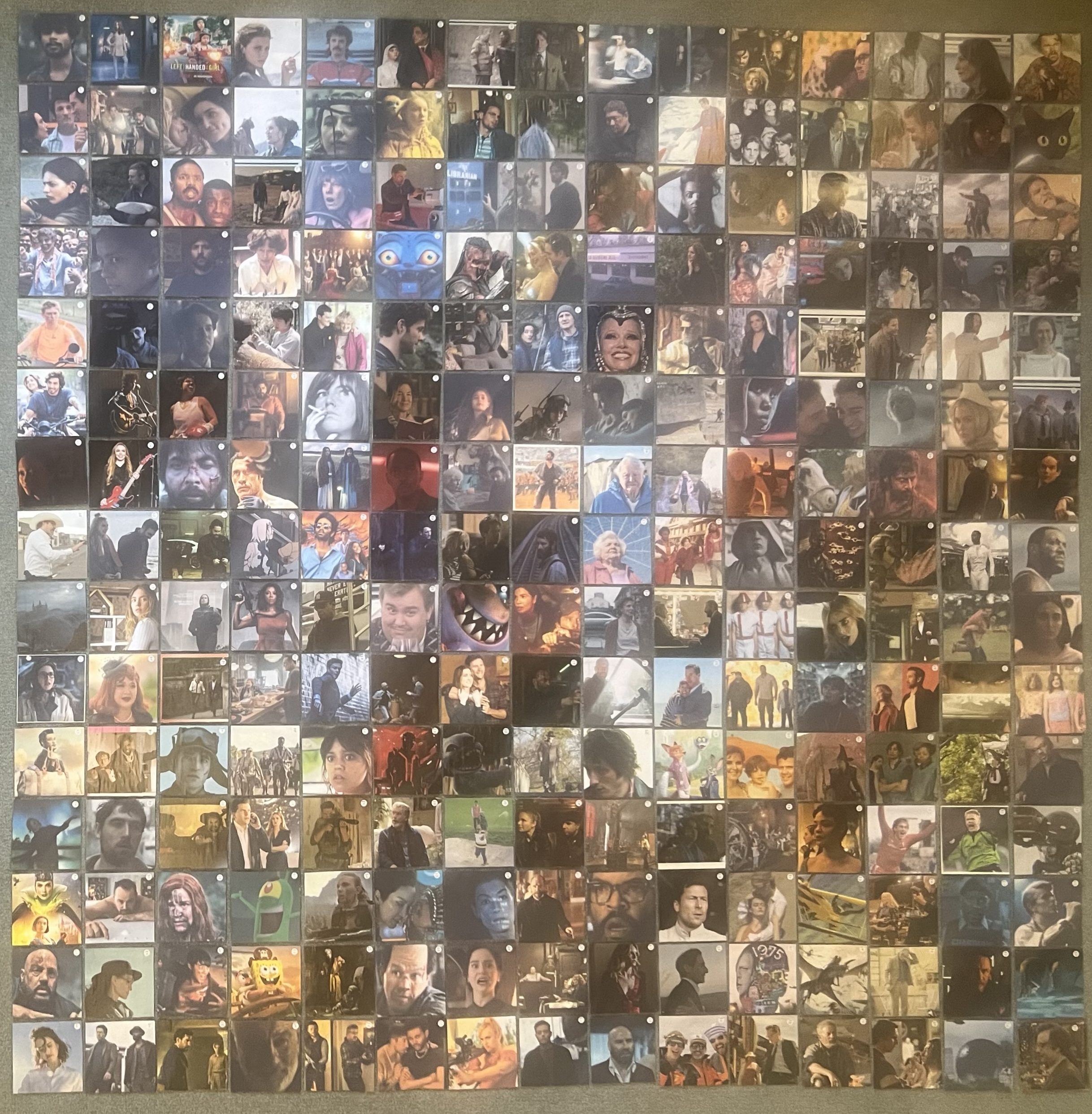The first session of the new course was on Wednesday evening 1 October 2008. There were ten of us. I don’t think I really had any particular expectations of what the others would be like, other than I vaguely imagined they might remind me of me. They didn’t, and like Alan Bennett’s mother I immediately started to construct unfounded biographies and backgrounds for them.
We spoke about our childhoods with reference to a particular place, item or feeling, say a den, a bedroom, toy, pair of shoes, pet, school friend or fear. I thought about Elizabeth Stevenson. I could see her but I couldn’t retrieve her surname until I was driving home. Recollections were so vivid I could feel some of them as if there were my own; the sensation of wearing see-through jelly heels with a marble stuck in the waffle sole, my shoulders tightening with the naughty camaraderie of hiding a playtime Lego construct in the books so it wouldn’t be wrecked. Talking to others broke my own memories open, someone spoke about their terrifying bedroom curtains and I was reminded of a paisley pattern sofa fabric that I used to travel along the interweaving pattern of in my mind. We all had frighteny ceiling plaster monsters and most of the people I spoke to had doting detailed den memories; garnering scraps of rough textured corrugated iron to make a roof between two huts; the scent of the grass roof that camouflaged the den. I used to furnish mine with great big shiny new hinges from my dad’s shed; I’d pretend were books and I remember sitting ‘reading’ and at the same time crumbling cut-off scraps asbestos (yes really), it has a lovely silky, talcy texture when you rub it between your fingers. I wonder if there are denpeople and non-dentypes, I still like hideaways a lot but know children who’ll say things like, ‘smells funny’ or ‘what if there are spiders in there?’ or ‘but I can’t stand up’. Surely dens weren’t meant to be palatial anywhere but in your head? I also wonder if dentypes grow up into shedpeople. On the drive between Lancaster and Liverpool as a child I was enchanted by the allotments we passed at the side of the Ribble in Penwortham. A bit because they always seemed to have bonfires on the go, but mostly because of the raggedy range of sheds on show; a recycled boat wheelhouse, cabins with curtains, huts with extensions; people sitting outside their sheds enjoying a companionable brew; proper shedpeople with no fear of spiders or self-important expectations of being able to stand upright all the time.
What stayed with me from the first session of the new course was, that a lot of us remember stuff very intensely from when they were about six, that we were all subject to horrible fears that, in theory, could have been easily ameliorated by the presence of our parents, (in evolutionary terms I’m sure babies or children are not meant to be left to sleep on their own) and that a lot of us think that the world is a more perilous place now than it was when they were young. That last worries me enormously, partly because I just don’t want it to be the case. For one thing, as a nominal grown-up, I’m responsible for the world as it stands today. For another thing I just don’t think it can be true; there have always been seemingly irrationally cruel people who abused the power they had over others. Records from children who spent time in homes or residential schools during1950s and 1960 often contain harrowing accounts of terrible vulnerability, casual bullying, and terrible, terrible cruelty. When I was about eleven and, it transpires very naïve, my parent’s decent chamber of trade friend invited me to look around his coffee bar during its winter refurbish. It suits me now to think that my mother dismissed my description of his attempts to wrestle with me, ‘don’t be silly, he wouldn’t do that’ or ‘don’t be daft, he didn’t mean anything’. But I suspect now that I didn’t tell her; I wasn’t so young or naïve that I didn’t realise that that brief scuffle and what it didn’t actually lead to was deeply shameful. Sadly I imagined the shame as mine and not his.
The last thing that stayed with me from Wednesday is the significance of the combination of person and tense on the emotional impact of a piece of life writing. I went to an outdoor concert at Houghton Towers once. After one tune the conductor turned to the audience and apologised that one part had been slightly off-key. My friend Steve swivelling in his garden chair, eyebrow raised, and said to me, ‘how on earth does he know that?’ which was exactly what I was thinking. I feel a bit the same about combinations of person and tense, I’ve a good bit of work to do on grammar I can tell.
Constantin's Colonne and concrete constructs
-
Yesterday marked 150 years since Constantin Brancusi was born in a Romanian
backwater; looking at Glearth, the same kind of ribbon settlement in which
I ...
1 week ago




















.JPG)



No comments:
Post a Comment